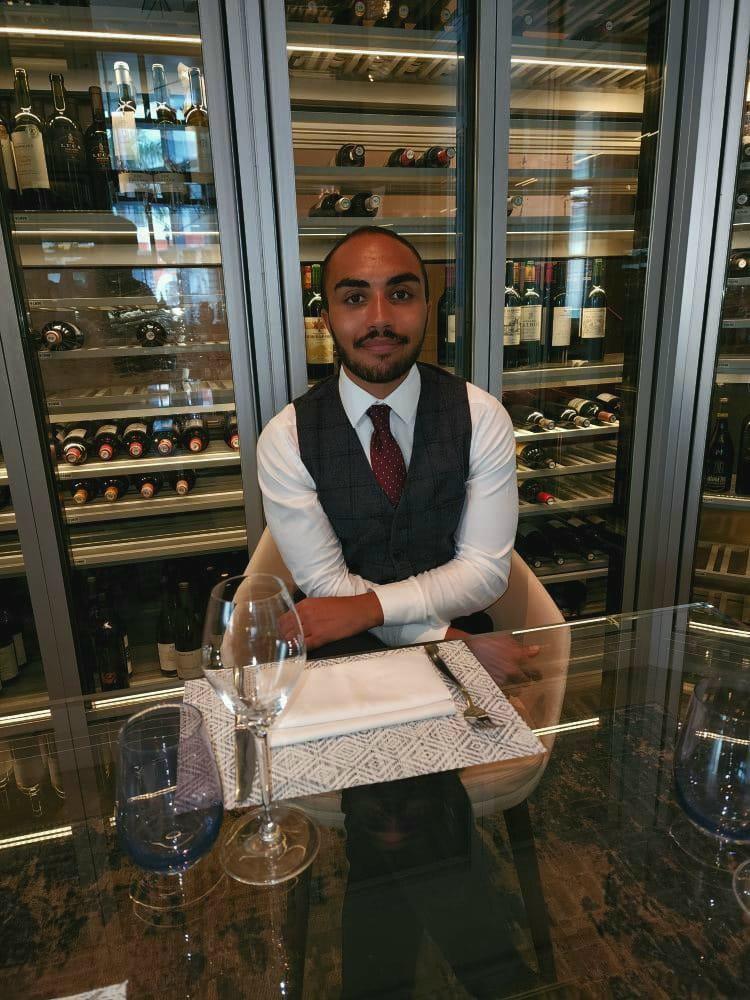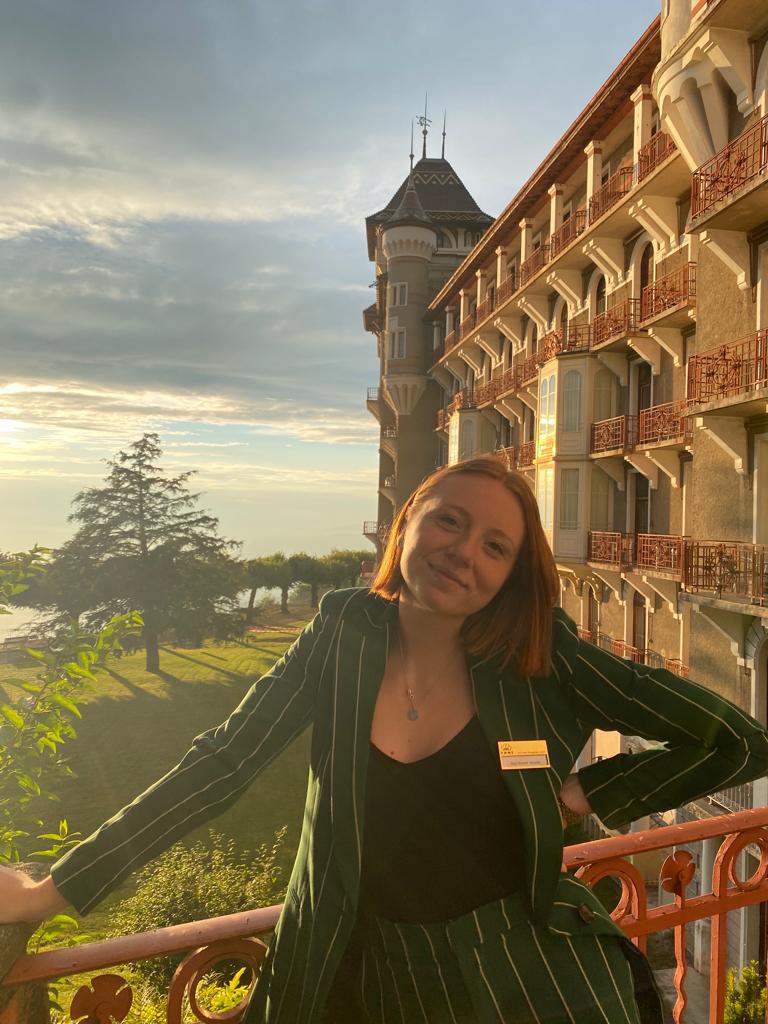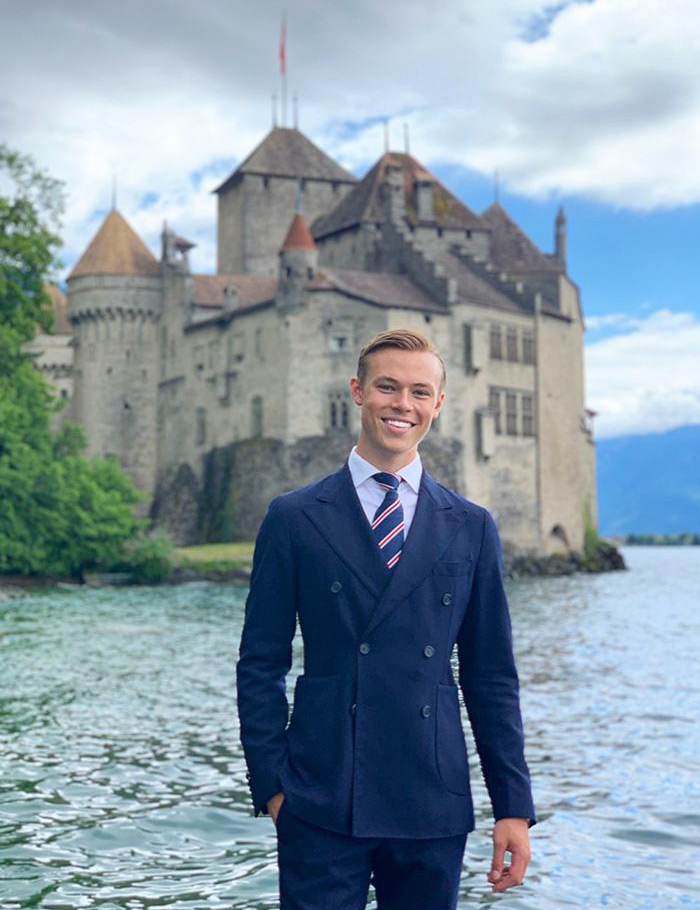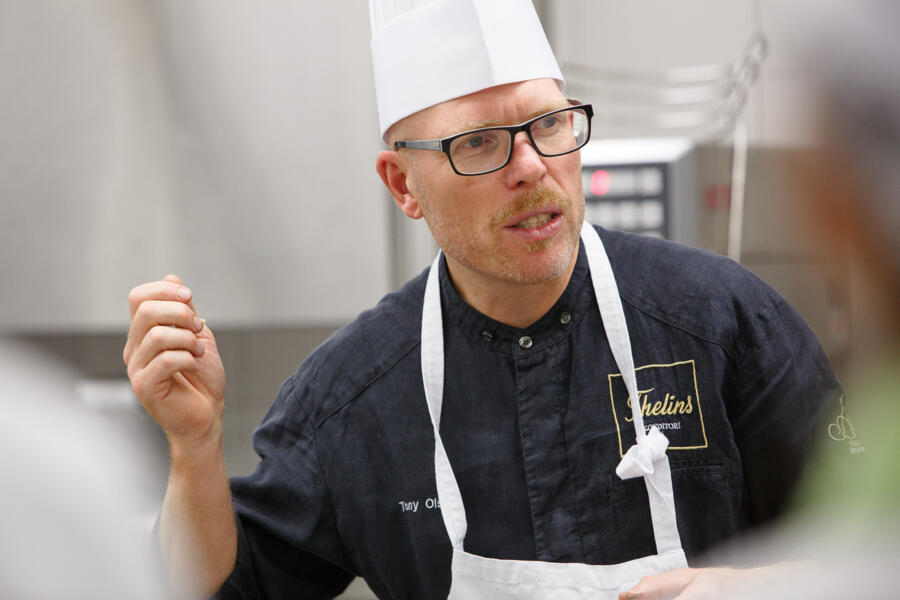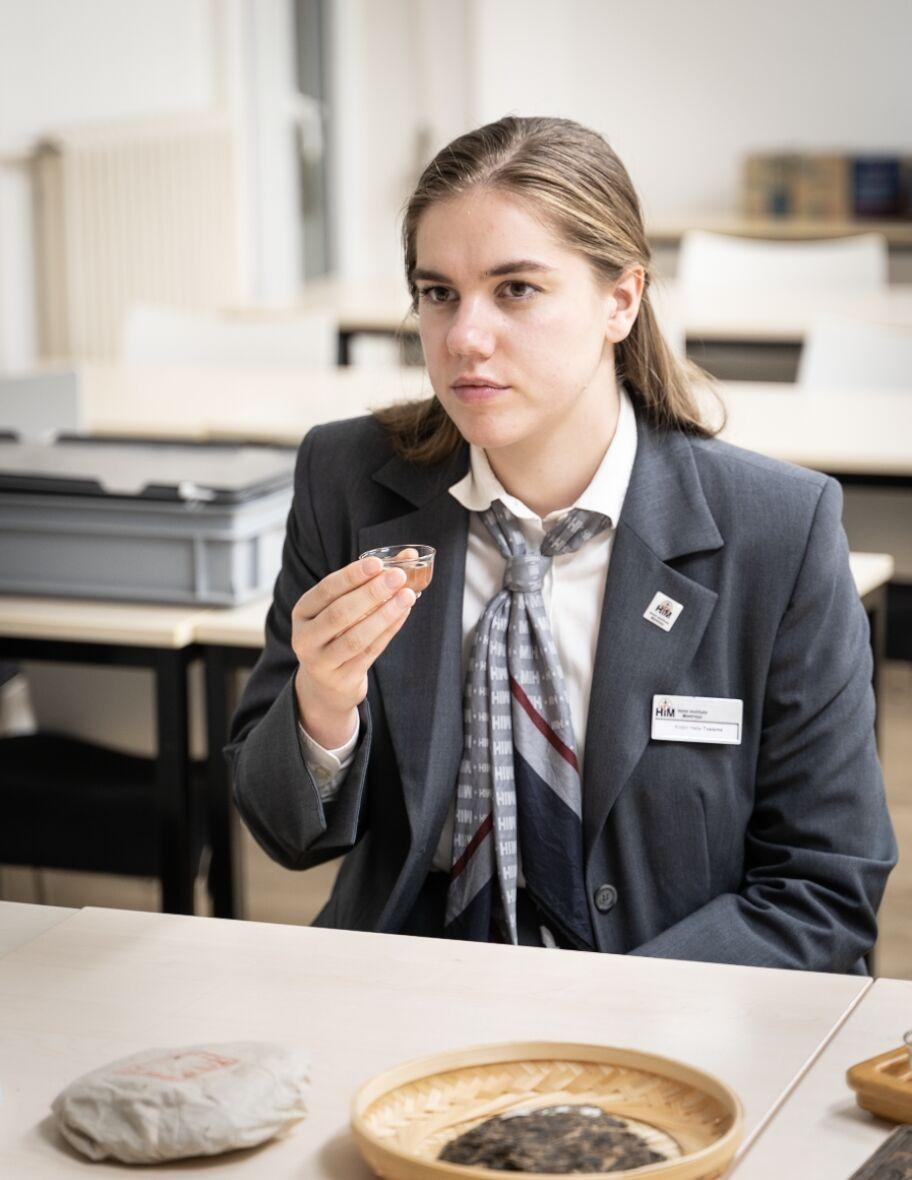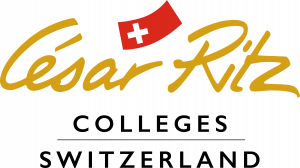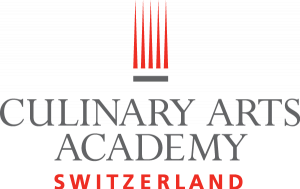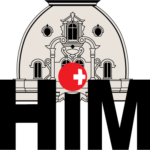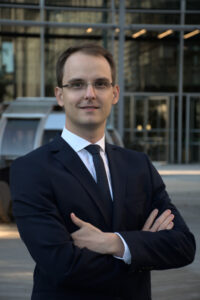 An accidental novel about the glamour of the hotel business Jans read in high school inspired him to embark on a career path in hospitality. Now the director of finance, Jans will tell you that working for a hotel, both front and back of the house, is rather challenging but the skills you acquire along the way open up avenues into many other areas of business as well.
An accidental novel about the glamour of the hotel business Jans read in high school inspired him to embark on a career path in hospitality. Now the director of finance, Jans will tell you that working for a hotel, both front and back of the house, is rather challenging but the skills you acquire along the way open up avenues into many other areas of business as well.
In this interview, the Hotel Institute Montreux (HIM) graduate shares the strategic thinking behind his major career moves, and advises young undergraduates on how to get the most from studying at HIM.
Hi Jans, what inspired you to get started in the hospitality business?
It is kind of a funny story. Fortunately or unfortunately, I came across this novel about a fictitious character working for a luxurious hotel. His life seemed so mysterious and chic that it really got me thinking about pursuing this sort of lifestyle for myself. Dare I mention, that was the only exposure to hospitality I had, and even that was fictional.
Studying in Switzerland is still a rather rare occurrence amongst Latvians. What motivated you to enroll in Hotel Institute Montreux?
Already as a soon-to-be high school graduate, I knew that Switzerland was historically known for having a highly developed hospitality culture as well as the most sophisticated educational programs for restaurant and hotel business management. Now, I can say from my own experience that a Swiss diploma is truly valued by employers. And for good reason – the Hotel Institute Montreux prepares students not only for a career in the hotel industry, but also provides them with knowledge that can be applied in many other business areas.
How were you able to finance your studies?
There was a real discussion in our household as it was not an easy financial decision for my family to make. In the end, my family decided that the hospitality industry looked very promising, making my choice of education a strategic investment. With a bit of extra effort from my parents’ part, luckily, we were able to afford my tuition without any loans. Now I can say that it was a good investment and one that paid off handsomely.
What impressed you the most when you first arrived on campus?
I was surprised to learn that the main HIM campus used to be a hotel. One could say that as a student I got to live and breathe hospitality on a daily basis.
If you compared yourself before your studies at HIM and after, what kind of changes do you see in yourself?
Growing up in Latvia, I was not exposed to much diversity. At HIM not only did I study with people from all over, I also lived with them. In my course in particular we had people from Brazil, Russia, Bulgaria, Germany, Belgium, even SouthEast Asia: that was one of the most exciting things about it! Now internationality comes very naturally to me.
Also, I was clueless about hospitality and many areas of business when I first came to HIM. When I graduated, and especially after I had done the two internships, I was rather confident in my knowledge about how the industry works and in particular what was expected of me as a future employee.
What sort of internships did you choose?
I landed both of my internships through the International Recruitment Forum (IRF) – , an annual contact fair organised by the Swiss Education Group (SEG). They helped me find potential employers, to whom I sent out my CVs. Then it was on to the job interviews, after which I finally found the best fit for me.
For my first internship, I chose food and beverage (F&B), which essentially was room service and banqueting at the Ritz-Carlton Abama hotel in Tenerife. I did my second internship also at a Ritz-Carlton, but this time in Ireland, where I took an accounting position. This experience had a tremendous impact on my professional career because I got to see how the backhouse operates.
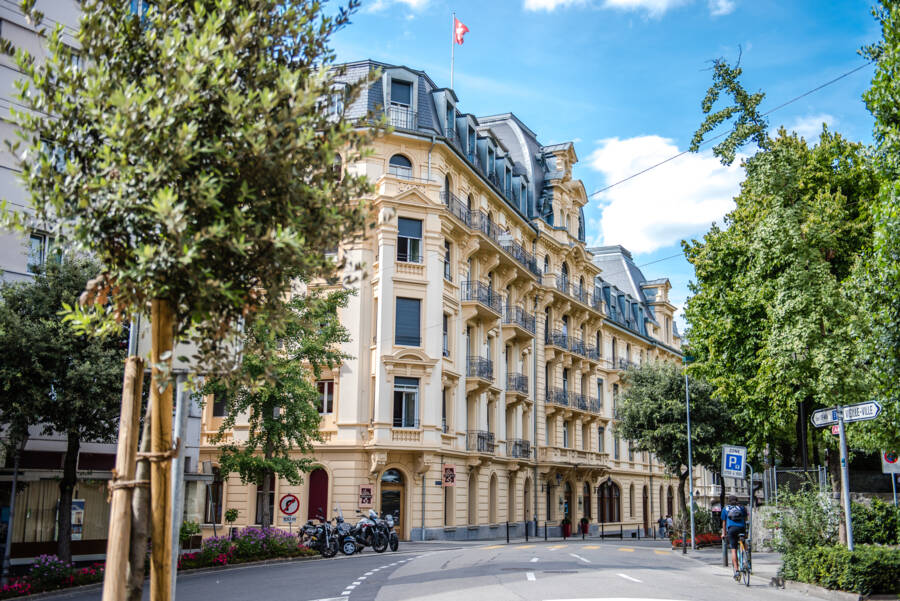
Did you seek an accounting position or was it by chance?
We were advised to do at least one internship in the front of the house, that is reception or F&B, and to aim for the admin roles for the second internship to get a broader picture of how hotel businesses operate. That’s exactly what I did. I only applied to the admin positions for my second internship and accounting, I thought, would be a great opportunity for me to get to know the other side of the hotel business.
What sort of tasks were given to you as an intern in accounting?
Typically, new recruits start out as either an Assistant to Accounts Payable, where you are given tasks such as paying invoices, entering financial information into the system, etc., or as an Income Auditor, where you have to reconcile all the bills of the hotel guests, oversee the credit card transactions and such. So initially everybody starts as an assistant to them.
…and how did it go?
It was a stimulating experience. First of all, it was an opportunity to make sense of the theoretical knowledge acquired at the university and to see how it is actually applied in practice. If you do your job diligently, it doesn’t take long for your managers to notice your potential and delegate new, more challenging tasks.
Overall, I believe that an internship is a very good way to get your foot in the industry. I myself was offered a permanent position as an Accounts Payable after I interned as an assistant to Accounts Payable at Ritz-Carlton.
How did your career develop afterwards?
Couple years down the line, I started working at a Bulgari (famous luxury brand) hotel in London as a Finance Supervisor, which was a bit like working as a supervisor in a restaurant – you are still running with plates, but also managing other people.
Soon thereafter I got promoted to the Assistant Director of Finance, where I managed people and oversaw the tasks of the whole department. That’s where the headhunters came in. I started receiving more offers and that’s how I ended up in a Financial Controller’s position at a luxury boutique hotel.
It was a strategic choice of mine. Working in a lesser known brand allowed me to gather the professional experience I needed to eventually get a senior role in an established luxury hotel. If I were working in the front desk, such a strategy wouldn’t have made sense, because working with a known brand outweighs the pros of gathering the same role’s experience in a boutique hotel.
All in all, I am currently the Director of Finance at the Jumeirah luxury hotel (which, since the interview, has been rebranded and is now operated by Highgate Hotels).
You seem to thoroughly plan ahead. Any future career plans cooking?
Personally, I don’t have a clear plan just yet. I do like to adapt, go with the flow, see what makes sense. There are, however, a couple of options for me as to what to do next.
I could stay with the company and grow within it, and then, hopefully, move to a larger hotel or a corporate office and work with the asset managers further away from the ownership. Or I could move to a smaller independent hotel and work closer to the ownership.
Another option for me, is to go into asset management to work for the owner directly and look to increase the wealth of the business and the value of the asset. This is a more finance, performance oriented role, as you are not directly involved in the day-to-day operations in a hotel.
How has the hotel industry changed since Airbnb came around?
I can only speak from the luxury hotel perspective, because that is my area and it is a bit different from mid-range hotels. Airbnb came in as a sort of disruptor, but it didn’t apply to the luxury segment. Because luxury comes from the services and having a well-trained staff mostly, Airbnb does not compete for the same type of clients that we cater to.
Looking back, how do you think HIM prepared you for your career?
As cheesy as it sounds, they basically set you up for success. They give you the right tools, the knowledge, and the exposure to the best luxury hotels that there are. It was a good starting point for my career to develop onwards.
What do you wish you had done more or at all in the time you were studying at HIM?
I would love to have talked to the tutors and guest lecturers more. Most of them come from the industry and could give sound advice. Don’t be too shy or lazy to approach them. Talk about the good and the bad in the industry, get to know what you put yourself into. HIM gives you the option to potentially build a career outside of hospitality, so the lecturers could help you to understand what it is that you want to do.
Coming back to the novel, is working at a luxury hotel everything that the book portrayed it to be?
Much like the airlines in the 1960s, hospitality in general is a very “sexy” and appealing industry. The novel indeed portrayed it as glamorous and mysterious. But in reality it’s a job full of challenges, requiring a sharp mind, strategic thinking and high emotional intelligence. That is why I say: talk to your teachers, because they are the ones who can tell you how things really are and point you in the right direction.
That novel got you here, so you can say it was meant to be!
Yes, indeed.
Thank you Jans for an inspiring talk. Good luck with your future endeavours!

